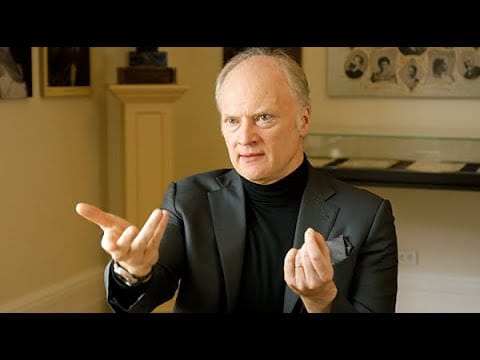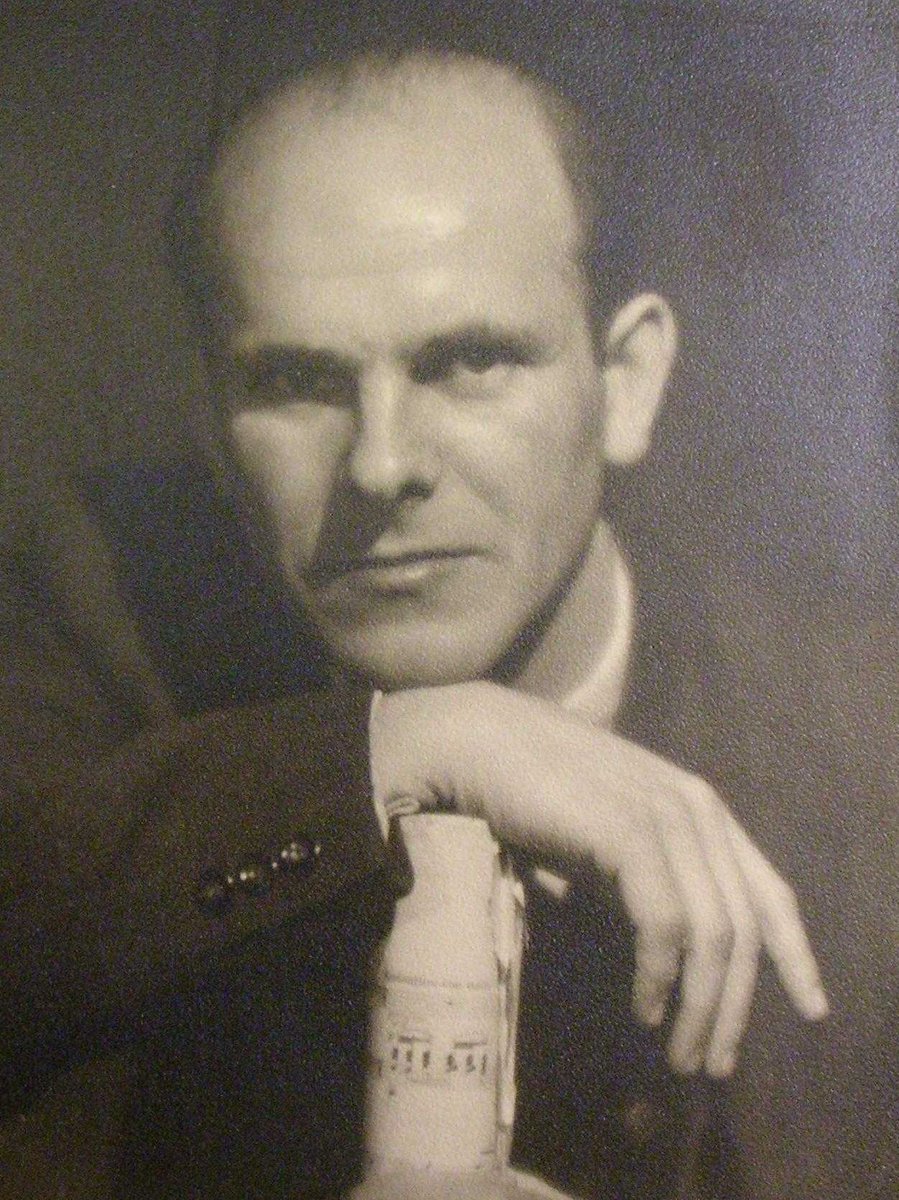Gianandrea Noseda: We have an important duty to make people listen to each other
mainThe latest guest on Zsolt Bognar’s In the Classical Life is Gianandrea Noseda, music director in Washington DC and the Zurich Opera.
One of the busiest members of his profession, Noseda like to take time out to reflect on what he does.
‘I think of myself as a narrator, a storyteller,’ he tells Zsolt. ‘The biggest part of my work is at home and alone’.
Very timely.
Watch below.
He has the most discreet and beautiful pocket handkerchief of any conductor presently alive.






Very interesting interview! Mr. Bognar is excellent at guiding guests in conversation and getting them to open up. Thanks!
Just an opinion: it’s time to stop the hero worship/demonizing of conductors and deal with them for what they really are: a necessary evil. Nothing more, nothing less.
Superb. Thank you so much for posting this.
I thought he was extremely impressive. Obviously an intelligent, polished person. His career is on the rise, certainly, and luckily for us in the US, he’ll help lift the National Symphony. As a matter of fact, leadership both executive and artistic at the NSO is very strong right now, which augers really well for the orchestra and music in the DC and for American orchestral performance generally, the pandemic notwithstanding.
Except, of course, when it’s a bit of evidence, truth, opinion or idea with which we disagree and makes the flock uncomfortable. Then it’s CENSOR!
Think I’m kidding? Look how many downvotes below⬇️
Noseda is the real deal, seriously gifted, and a lovely human being, as well.
Maestro Noseda comes across as a wonderful human being. We are lucky to have him here at the NSO in Washington. I hope they can get back to playing soon.
In just a few minutes maestro Noseda succinctly explains the art of conducting.
A very good interview with terrific questions. Noseda has wonderful hands and hand movements. He’s impressive.
I forgot to mention that he has a wonderful recording with the BBC symphony playing Italian interludes. Very nice selection of opera interludes including the amazing Edgar.
My thoughts kept wandering to what interviews with Toscanini, Beecham, Walter, Stokowski, Tintner, Furtwaengler, and Bernstein have been like, or might be today. Times really have changed, and the conductor’s view of himself and his function.
Were there ever any interviews with Klemperer, Horenstein, or Karajan? Must have been but it seems almost uncharacteristic.